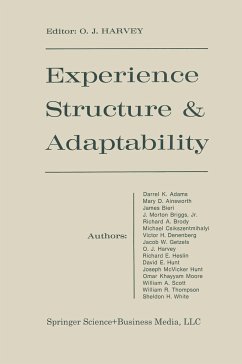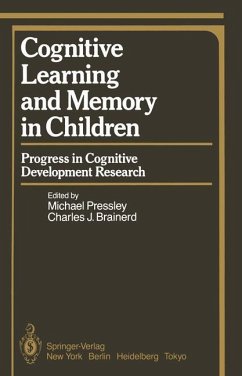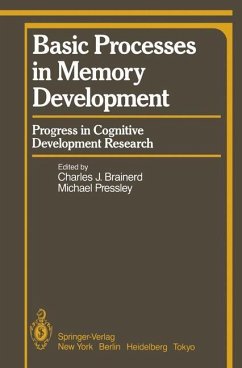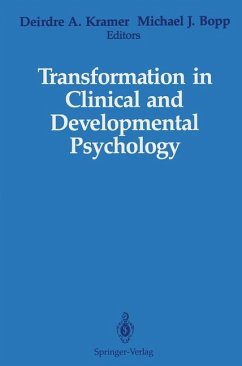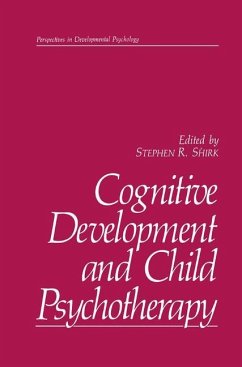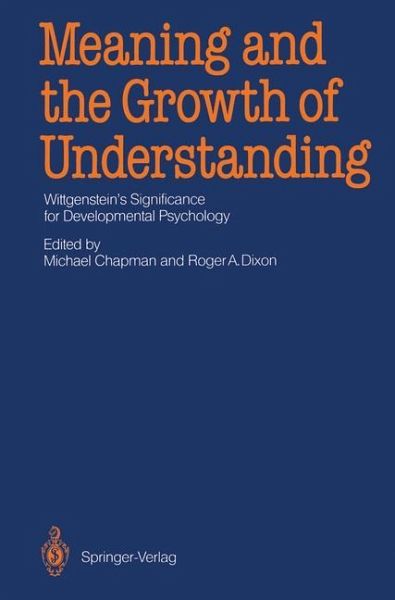
Meaning and the Growth of Understanding
Wittgenstein's Significance for Developmental Psychology
Herausgegeben von Chapman, Michael; Dixon, Roger A.
Versandkostenfrei!
Versandfertig in 1-2 Wochen
39,99 €
inkl. MwSt.

PAYBACK Punkte
20 °P sammeln!
In the beginning it seemed to us that someone was missing and that something was amiss. He was often mentioned, occasionally discussed, but seldom cited or credited explicitly. And when he was acknowl edged, it was sometimes for reasons that seemed anachronistic and misleading. His influence could be felt in a number of areas of our dis cipline, but few scholars seemed to know just how, just where, and to what extent. We discovered, almost accidentally, that we shared an in terest in his legacy, in unravelling at least some portion of this riddle. Shortly thereafter, we began discussing ways i...
In the beginning it seemed to us that someone was missing and that something was amiss. He was often mentioned, occasionally discussed, but seldom cited or credited explicitly. And when he was acknowl edged, it was sometimes for reasons that seemed anachronistic and misleading. His influence could be felt in a number of areas of our dis cipline, but few scholars seemed to know just how, just where, and to what extent. We discovered, almost accidentally, that we shared an in terest in his legacy, in unravelling at least some portion of this riddle. Shortly thereafter, we began discussing ways in which, by pooling our resources with those of interested others, we could move closer to a res olution. Put simply, the protagonist of this riddle is Ludwig Wittgenstein (1889-1951), the son of a wealthy Viennese industrialist, the influential Cantabrigian philosopher, the rural Austrian schoolteacher. And the subject of our study is his largely unexplored legacy for developmental psychology. Although Wittgenstein's thought seemed to hold special promise for the study of human development, the philosopher and his work could walk virtually unrecognized through the landscape of con temporary developmental issues.







